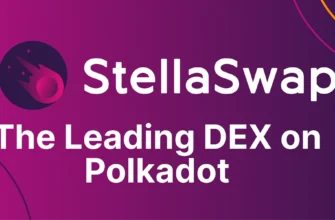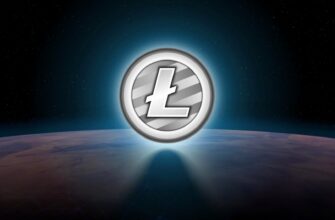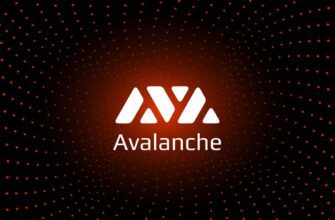- Introduction
- What Is Hyperliquid?
- Key Features of Hyperliquid
- The HYPE Token Explained
- Use Cases of HYPE
- Pros of Hyperliquid
- ✅ High-Speed Trading
- ✅ Low Fees
- ✅ CEX-Like Experience
- ✅ Permissionless and Decentralized
- ✅ Strong Token Incentives
- Cons of Hyperliquid
- ❌ Still a New Player
- ❌ Limited Token Utility (Currently)
- ❌ Regulatory Risks
- ❌ May Be Complex for Beginners
- Is Hyperliquid Safe?
- Final Thoughts
Introduction
The DeFi landscape is evolving rapidly, and one standout project is Hyperliquid. Built to combine the performance of centralized exchanges with the trustless nature of decentralized finance, it introduces a new approach to perpetual futures trading. At its core lies the HYPE token, which fuels the platform’s operations and governance.
What Is Hyperliquid?
Hyperliquid is a high-performance decentralized exchange (DEX) designed specifically for perpetual futures trading. It operates on its own custom Layer-1 blockchain, enabling ultra-fast, low-latency transactions without compromising decentralization.
Key Features of Hyperliquid
- Custom Layer-1 Infrastructure – Delivers scalability and speed.
- CEX-Level Performance – Fast execution and low slippage.
- On-Chain Order Book – Enables real price discovery, unlike AMMs.
- No KYC Needed – Permissionless access for anyone globally.
- Community Governance – Protocol upgrades driven by HYPE holders.
The HYPE Token Explained
The HYPE token is the utility and governance token of the Hyperliquid ecosystem. It empowers users to vote on protocol decisions and engage in platform activities.
Use Cases of HYPE
- Governance Voting – Influence protocol changes.
- Fee Discounts – Lower trading fees with HYPE payments.
- Staking and Rewards – Earn incentives by participating in the network.
- Future Ecosystem Features – New integrations may require HYPE.
Pros of Hyperliquid
✅ High-Speed Trading
Custom Layer-1 design means near-instant trades — ideal for high-frequency traders.
✅ Low Fees
Avoid Ethereum gas fees and trade at a fraction of the cost.
✅ CEX-Like Experience
User interface rivals top centralized platforms, but with self-custody.
✅ Permissionless and Decentralized
Trade globally without intermediaries or KYC.
✅ Strong Token Incentives
HYPE adds utility, rewards, and influence for holders.
Cons of Hyperliquid
❌ Still a New Player
Hyperliquid is relatively young and still proving its long-term reliability.
❌ Limited Token Utility (Currently)
While governance is live, other use cases are still expanding.
❌ Regulatory Risks
As with most DeFi platforms, jurisdictional risks could affect operations.
❌ May Be Complex for Beginners
Perpetuals trading requires understanding leverage and risk.
Is Hyperliquid Safe?
Security is paramount in DeFi, and Hyperliquid uses open-source code, decentralization, and community governance to enhance user protection. Still, no platform is risk-free — users should practice caution and only trade with funds they can afford to lose.
Final Thoughts
Hyperliquid is reshaping decentralized trading by delivering speed, usability, and autonomy. The HYPE token plays a central role in governance and ecosystem growth. For traders seeking a decentralized alternative with performance that rivals centralized exchanges, Hyperliquid is a project worth exploring.
As DeFi continues to grow, platforms like Hyperliquid may lead the next wave of innovation in on-chain trading.








